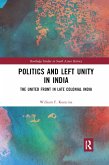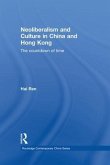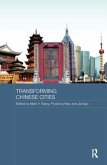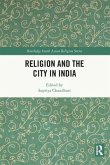West Bengal has often been perceived as somewhat of an aberration in the wider context of a rather chaotic Indian democracy, as the Left Front (spearheaded by the Communist Party of India-Marxist, CPIM) demonstrated a rare instance of political stability, decisively winning seven consecutive democratic elections from 1977 to 2006. Its development record has also been substantial, with a focus on land reforms, the panchayati-raj institution, and an agriculture centric development agenda. This book presents a reappraisal of the political economic history of the CPIM/Left Front regime against the backdrop of the Indian reform experience. It examines two distinct areas: the conditions that necessitated the regime to engineer a transition from an erstwhile agricultural-based growth model to a more pro-market economic agenda post-1991, and the political strategy employed to manage such a transition, attract private capital and at the same time sustain the regime's traditional rhetoric and partisan character. In order to develop a more textured understanding of the recent political developments in West Bengal, the author applies a historically nuanced and inductive political-economic analysis, which draws on published materials, and primary material such as government documents and interviews (with bureaucrats, political activists, members of the intelligentsia and ministers). A valuable contribution to the ongoing debate in the literature on the drifts underway with the Indian Left and India's economic transformation post-1990s, this book will be of interest to academics in the field of Political Science, Government, Political Economy and South Asian Studies.
Hinweis: Dieser Artikel kann nur an eine deutsche Lieferadresse ausgeliefert werden.
Hinweis: Dieser Artikel kann nur an eine deutsche Lieferadresse ausgeliefert werden.








